Deck & Commander Strategies

Evra, Halcyon Witness
Utilizes her ability to swap life total with power to deliver lethal single strikes, combining life gain and aggressive combat to pressure opponents.
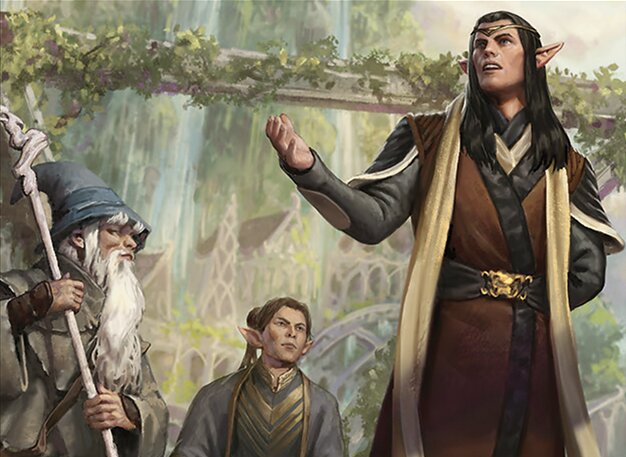
Elrond of the White Council
Focuses on political gameplay by making players vote to either give him control of creatures or boost his own creatures, manipulating board control and leveraging votes to gain advantage.

Phabine, Boss's Confidant
Generates and buffs cat creature tokens, combining card draw and token synergy to build a wide board presence and outvalue opponents.
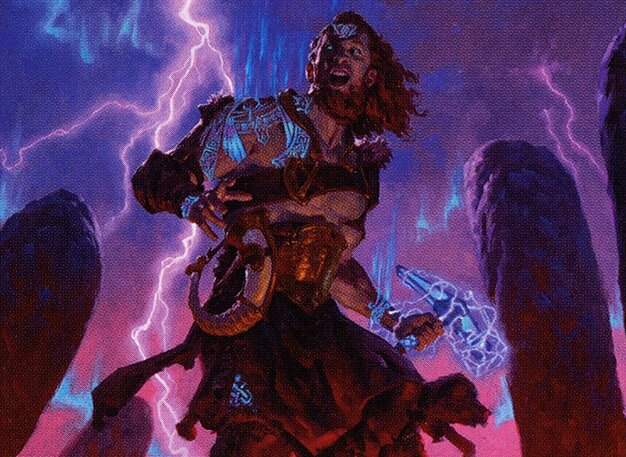
Toralf, God of Fury
Mono-red ramp and damage redirection, aiming to deal non-combat damage through spells and abilities, turning opponents' blockers into targets for direct damage.
Gameplay Insights
- 1
Elrond's voting mechanic forces opponents into tough decisions, effectively allowing Elrond to steal creatures or boost his forces while preventing stolen creatures from attacking their owners.
- 2
Evra’s ability to swap life total with power can create sudden lethal threats, especially when combined with protective equipment like Swiftfoot Boots to safeguard key creatures.
- 3
Toralf’s Braids of Fire provides mana acceleration during upkeep, enabling multiple instant-speed damage spells, which can quickly turn the tide of combat.
- 4
Phabine’s token generation and buffs create an incremental advantage that can overwhelm opponents if not addressed early.
- 5
The interaction between Elrond’s politics and the aggressive strategies creates shifting alliances and board states, requiring players to adapt their plans continuously.
Notable Cards
-

Swiftfoot Boots
-
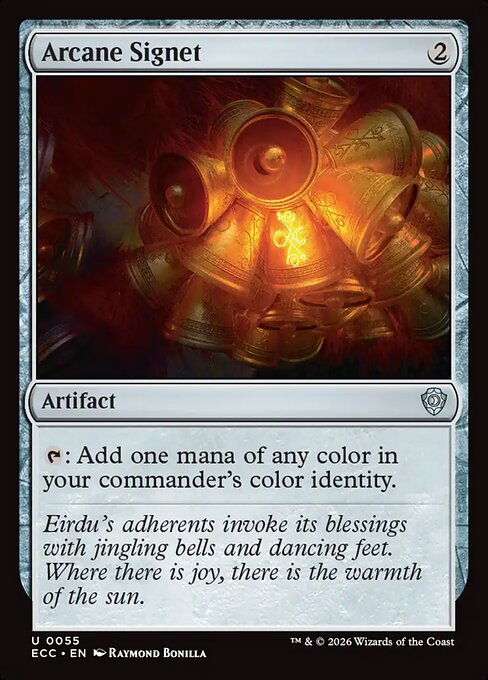
Arcane Signet
-
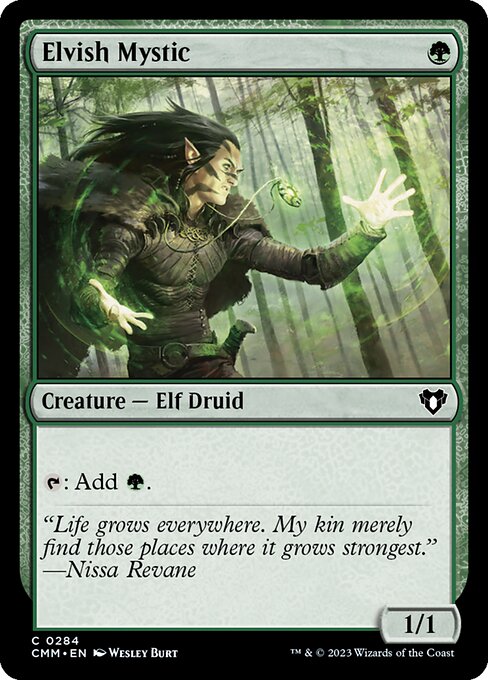
Elvish Mystic
-

Cultivate
-
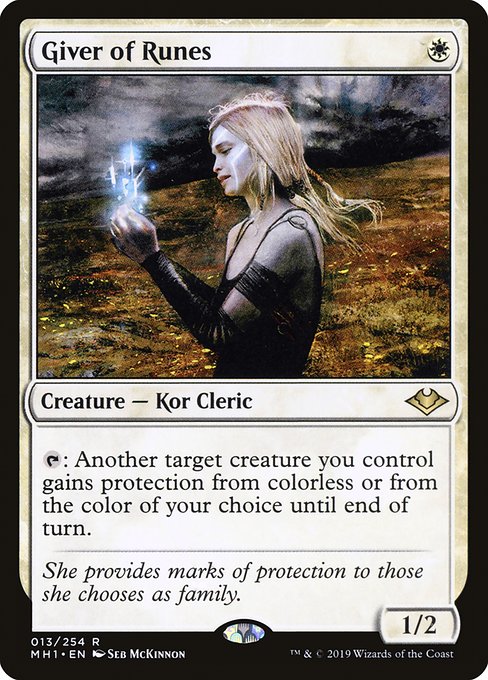
Giver of Runes
-
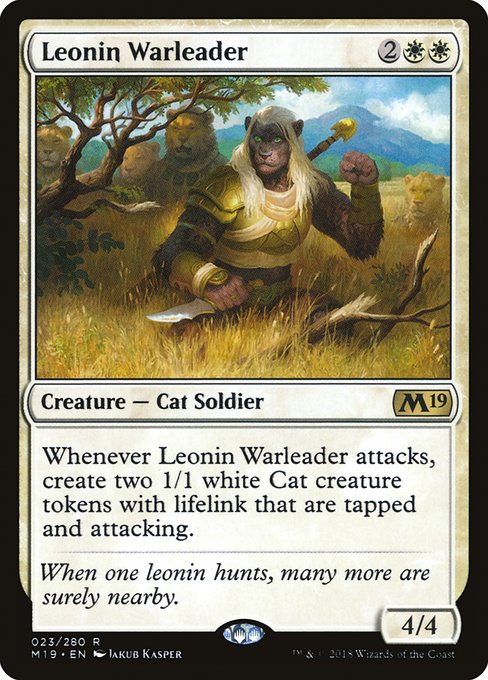
Leonin Warleader
-
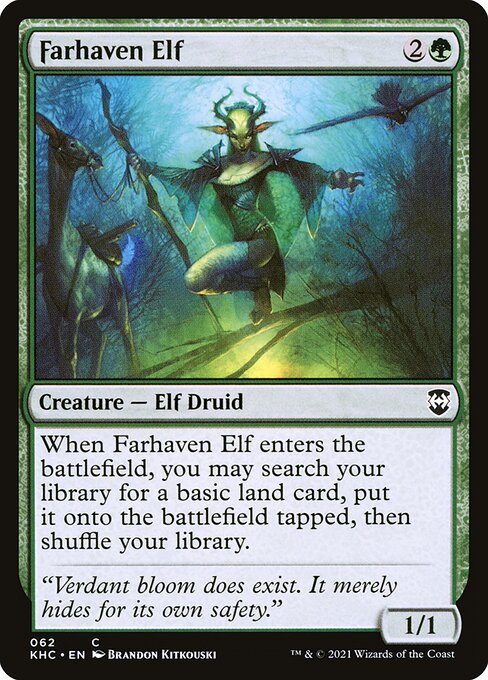
Farhaven Elf
-
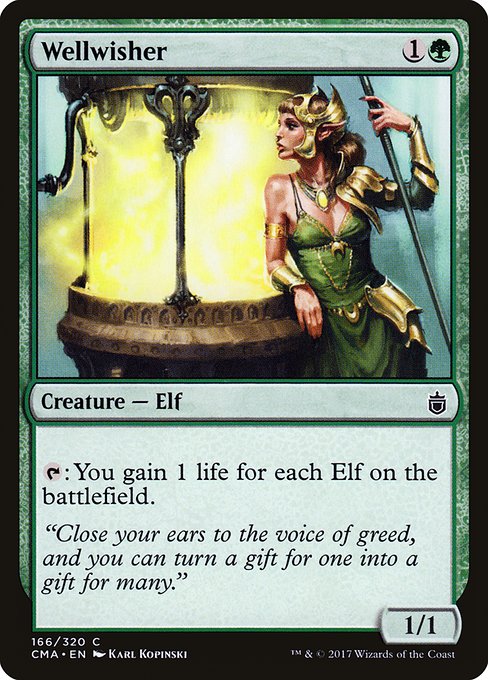
Wellwisher
-
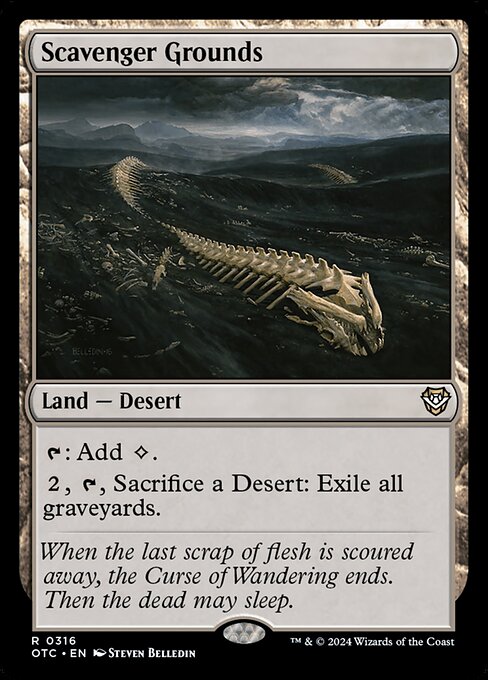
Scavenger Grounds
Gameplay Summary
The game started with players ramping mana and setting up their boards with key creatures and mana rocks.
Evra focused on building a life-total swap and aggressive beatdown strategy, leveraging her ability to switch life and power to deliver impactful single strikes.
Elrond introduced a heavy political element through his voting mechanic, forcing players to choose between lending him creatures or boosting his board, which added tension and strategic decisions around creature control.
Toralf, as a mono-red God, relied on non-combat damage redirection, setting up for explosive instant damage plays, while Phabine centered around generating and enhancing cat tokens, aiming to swarm and outvalue opponents through card draw and token buffs. A pivotal moment occurred when Elrond’s voting triggered, forcing opponents to either lose control of creatures or allow Elrond's army to grow stronger.
This dynamic shifted board control and tempo significantly.
Meanwhile, Evra's ability to swing life totals made her a threat to close the game quickly, especially with equipment like Swiftfoot Boots protecting her creatures.
Toralf maintained pressure with mana accelerants like Braids of Fire, potentially enabling high-impact spells during his upkeep.
Phabine's token generation and ramp continued to build, threatening to overwhelm with numbers and synergy.
The interplay between Elrond’s politics and the aggressive strategies created a game of shifting alliances and control battles, with the win condition leaning toward aggressive combat damage or token overwhelm backed by strategic creature control manipulation.





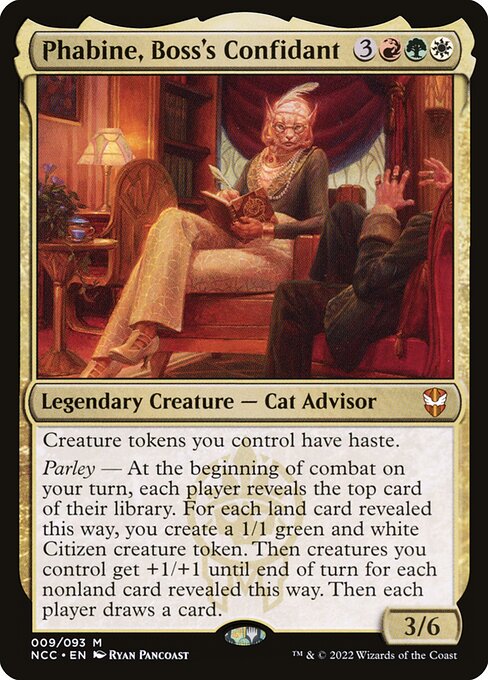











![Getting Bullied [Commander VS 290] | Magic: The Gathering Commander Gameplay thumbnail](https://i.ytimg.com/vi/nr6oROksAM8/sddefault.jpg)


!["Battle of the Commanders" EP: 2 Anje vs Zur vs Jedit vs Phabine [EDH Gameplay] thumbnail](https://i.ytimg.com/vi/ZmDQKhu_A_M/sddefault.jpg)


















